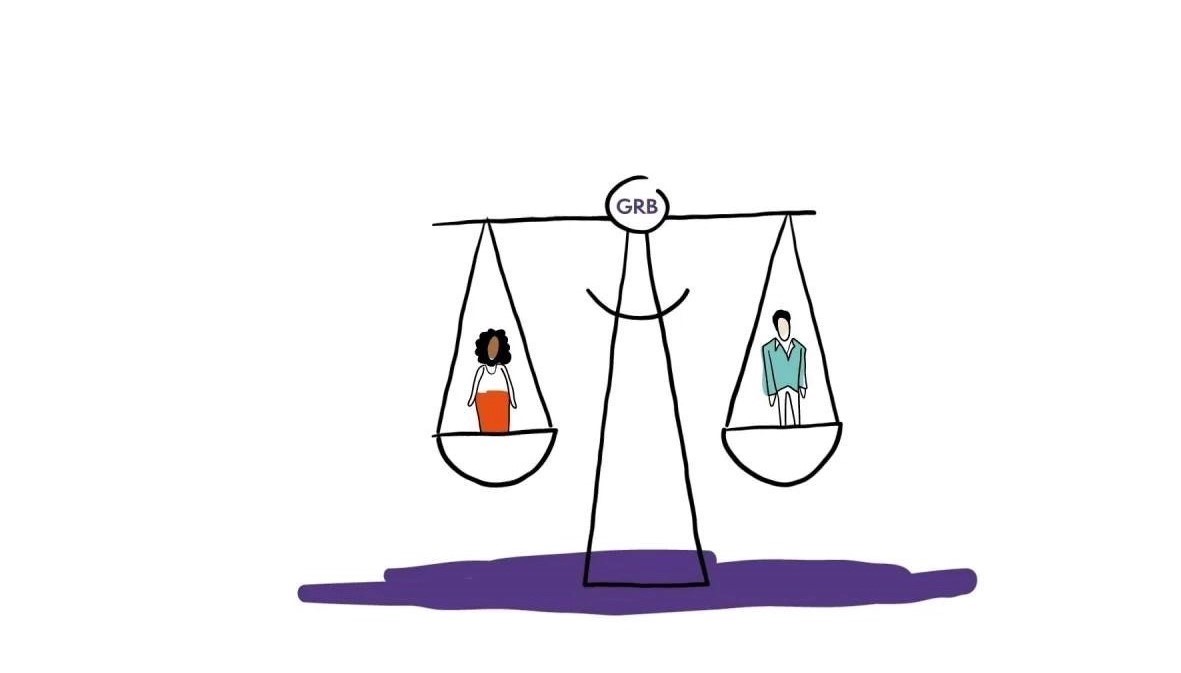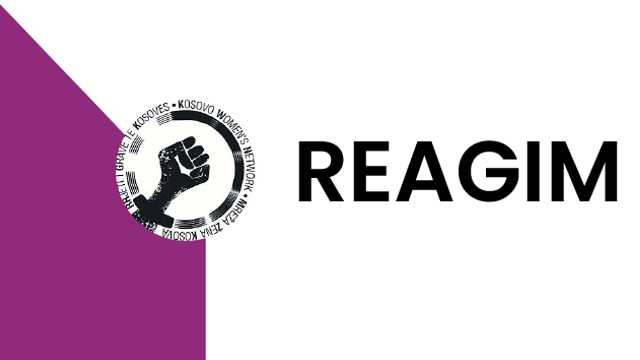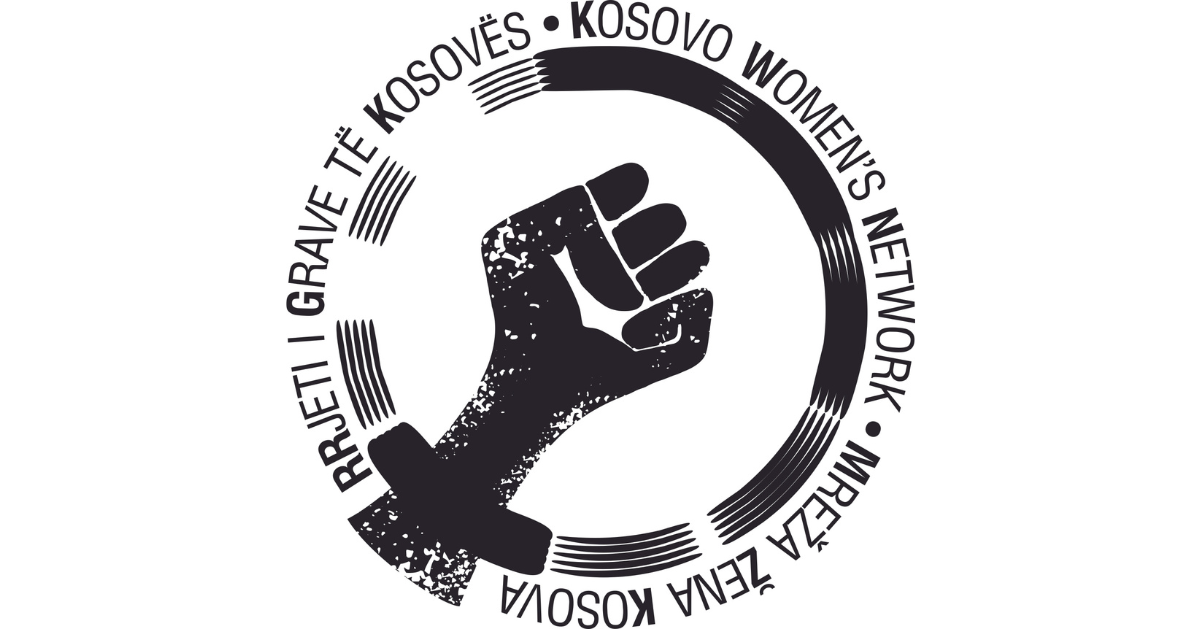By: Donjeta Morina
Gender Responsive Budgeting (GRB) has become a buzz-word in Kosovo. It is a term used frequently by government officials, civil society organizations, and international donors. In fact, it is so frequently used and so infrequently defined that I personally had a very difficult time grasping its meaning back in 2013 when I first encountered it. Now, after seven years of working with the Kosovo Women’s Network on GRB I have come to the conclusion that the term is infrequently defined because there are widespread misconceptions and widespread lack of knowledge on what it actually is. In 2013, I applied and got accepted to a position with the Kosovo Women’s Network. When Igballe Rogova, KWN Executive Director and Nicole Farnsworth KWN Programme Director told me I would be trained to work with GRB, I thought it would be some kind of mechanism distributing funds to women! Well, I was completely wrong and turns out, many of my colleagues and peers share my misunderstandings. I decided to write this article to recount my experiences with GRB, clear up some common misconceptions, and to narrate the important milestones KWN’s work has led to.

Let’s begin by highlighting that, contrary to popular belief, Government budgets are not gender neutral, and do not by default benefit women and men equally. Due to their differing social and economic circumstances, women and men have different needs and priorities. Governments are responsible to ensure that women and men’s potentially different needs and priorities are tackled through budget allocations. The false assumption that government budgets are neutral can lead to reinforcing and sustaining existing gender inequalities. This is where GRB comes into play. By analyzing women and men’s different needs and priorities, GRB ensures a gender perspective throughout the cycle of planning, implementing, monitoring, and evaluating government budgets. GRB can be integrated in all economic categories, including, salaries, goods and services, subsidies and transfers, and even capital investments. As long as there is an in-depth gender analysis, GRB can be integrated in all government expenditures.

GRB remains a very misunderstood concept. For instance, it is frequently believed that GRB requires a separate budget line for women. This is incorrect; GRB requires funds to be spent equitably between men, women, boys, and girls addressing each groups particular needs. Moreover, GRB does not require simply a budget line to the Gender Equality Officer or the Women’s Caucus. Providing funds for activities for these two entities is very important, but GRB stands for gender mainstreaming in all economic categories and goes above and beyond simply providing an additional budget line. Further, GRB does not necessarily require additional funds from the Municipality. Regardless of the municipality’s finances for one particular fiscal year, they can all be spent in a gender sensitive manner. GRB requires the different needs of men and women to be considered throughout the budget phases in all economic categories.
GRB has not yet been fully institutionalized in Kosovo. However, the last seven years have shown many milestones and successes. In 2014, the Kosovo Women’s Network together with the Deutsche Gesellschaft fuer Internationale Zusammenarbet (GIZ) lobbied to the Ministry of Finance towards institutionalizing GRB. As of 2014, the Budget Circulars that are published annually by the Ministry as guidelines for how municipalities and ministries should plan budgets, include guidelines on GRB as well. These guidelines are mandatory and all budget organizations should provide information on current and planned beneficiaries of expenditures, disaggregated by gender. While this in and of itself is not an institutionalization of GRB, it is an important first step in the long and winding road of fully institutionalizing GRB.

A long advocacy process by the Kosovo Women’s Network, the Agency for Gender Equality (AGE), and other partners led to GRB becoming a legal obligation for all public institutions in Kosovo in 2015. Institutions were then faced with a new legal obligation and few internal capacities on how to implement it. With its limited resources KWN provided direct support to several local and central institutions on how to implement the new legal requirements of GRB. KWN directly supported, among others, the Ministry of Labour and Social Welfare, the Ministry of Education, the Ministry of Trade and Industry, the Ministry of Environment and Spatial Planning, the Ministry of Agriculture, Forestry and Rural Development, the Ministry of Diaspora, and the municipalities of Kamenica, Gjakova, Hani i Elezit and Prishtina. This was done via support from partners, most notably the Austrian Development Agency and USAID. Among others KWN provided concrete guidelines and recommendations on how to implement GRB, but also specifically trained officials.
This GRB training curriculum was later taken as a best practice by the Kosovo Institute for Public Administration (KIPA) and AGE. KIPA has continued with trainings for public officials, using KWN’s GRB training curricula.
AGE and the Ministry of Finance have continued their work, building on prior achievements by drafting a concept for better institutionalizing GRB in Kosovo. If adopted, this could set a clearer way forward for ensuring that all institutions regularly implement GRB, contributing to better, more transparent expenditures for women and men in Kosovo.
So, what have we learned so far? We have learned that fully institutionalizing GRB is not an easy task. Lack of gender disaggregated data, lack of political will, and a lack of internal capacities for gender analyses are only some of the difficulties that continue to undermine full institutionalization of GRB in Kosovo. While there is a long road ahead, KWN’s experience does show that through professionalism, capacities in gender analysis, and close cooperation with public institution, we are on the right track to institutionalizing GRB.
About the author: Donjeta Morina is a gender mainstreaming and gender responsive budgeting expert. She has been working with KWN since 2013 in integrating a gender perspective and gender budgeting into public policies and institutions.




